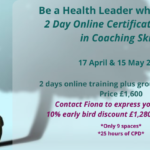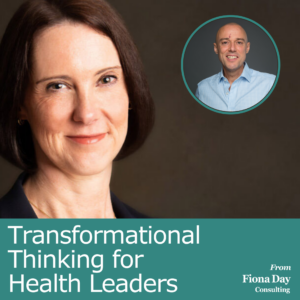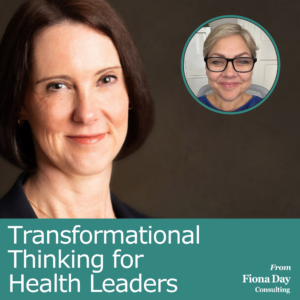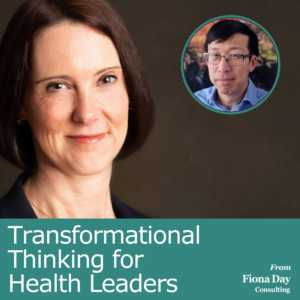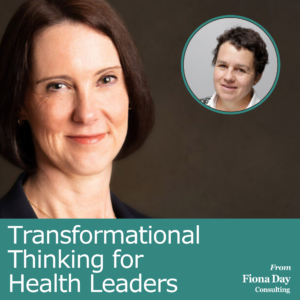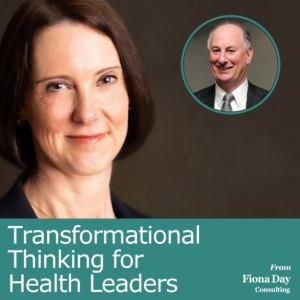I’m regularly contacted by senior doctors, medical and public health leaders who have suffered with a health concern or prolonged period of ill-health wondering how they can ensure a successful and sustainable return to work. Here are a few tips to help you or your colleagues into the future.
Good work is good for us
There is now substantial evidence that good work is beneficial for physical and mental health, and that unemployment and long-term sickness absence often have harmful effects. Whilst ‘bad work’ contributes to high levels of occupational stress, we also know that ‘good work’ is indeed good for us. Are you clear on the environmental causes of occupational stress which have caused or aggravated your health concern? An evidence based stress risk assessment will help – your organisation is likely to have their own version or see here for the one recommended by the Health and Safety Executive.
Understanding the UK Equality Act (2010)
It is wholly possible to pick up from where you left off and over a period of time rebuild your stamina, ability to focus and to cope with any ongoing symptoms in the workplace, with support from your employer for any reasonable adjustments.
The Equality Act (2010) defines the term of disability – and only an employment tribunal can decide whether you have a disability at the end of the day (unless you have or have had cancer, MS or HIV) – however the larger the employer the more reasonable adjustments are expected to be offered to you.
Do you have a team around you?
Hopefully, you have had a positive experience from your workplace and appropriate clinical support and occupational health support so far. There is a growing body of research evidence into vocational rehabilitation, see NICE guideline NG146 and the associated publications and evidence reviews for more information – if you haven’t already seen this then it’s a good place to start.
You will need a team around you, at home and at work. Think about who needs to be on that team, choose them carefully, and make clear requests so that you can all be sure around what your needs are, and what people are agreeing to.
Expert Vocational Rehabilitation Coaching
A recent National Institute for Health and Care Excellence (NICE) Evidence Review found that ‘preventative coaching’ resulted in improved quality of life, reduced job stress and reduced mental illness symptoms: this is backed up by my own evidence, as well as by other authors studying the impact of coaching on doctors health and wellbeing.
I am a trained Occupational Physician, and although I don’t practice as one I do specialise in Vocational Rehabilitation Coaching for medical and public health leaders. I can help you if you are ill, injured or have a disability to access, maintain or return to your previous employment or another occupation within the healthcare sector.
How I can help you
First of all, I would ensure you have the support team you need and that you are actively working with occupational health, your clinical team, and your employer. Then I would help you to establish short term goals and support you back into the work environment – even if this is at a much reduced level than your previous level of performance, it is likely to be important to you to get you back into a work environment.
Then I would help you to work out what your medium and longer-term options are, based on assessing your interests and abilities (now and predicted future abilities as you hopefully continue to improve or manage your condition effectively), using evidence-based workplace coaching psychology.
If you do need to re-focus your career then I would support you through that process, helping you to work out what you need to do in terms of changing identity (a complex psychological process for most people involving loss as well as the cultivation of hope as you create a new chapter for yourself). There may be additional training needs which you have, we would develop a professional development plan (PDP) and put it into practice. I would then support you with any job search and securing a role if you were changing direction or employer.
I wish you all the best in your return to work: remember, slow and steady wins the race.
References
National Institute for Health and Care Excellence (NICE). Mental wellbeing at work. evidence review E: targeted individual-level approaches (2022); Boet et al (2022); Dyrbye et al (2019); McGonagle et al (2020).
Dr Fiona Day is the world’s only Leadership Coach with advanced coaching psychology, medical and public health qualifications (MBChB, FFPH, BPS Chartered Psychologist in Coaching Psychology, EMCC Master Practitioner Coach & Mentor) and is in a unique position to help you and your teams to flourish. Fiona specialises in coaching medical and public health leaders, is a coach Supervisor, and an EQA Foundation Award Holder. Get 3 hours of FREE CPD with Fiona’s Health Career Success Programme here. Book a free confidential 30 minute Consultation with Fiona here.


